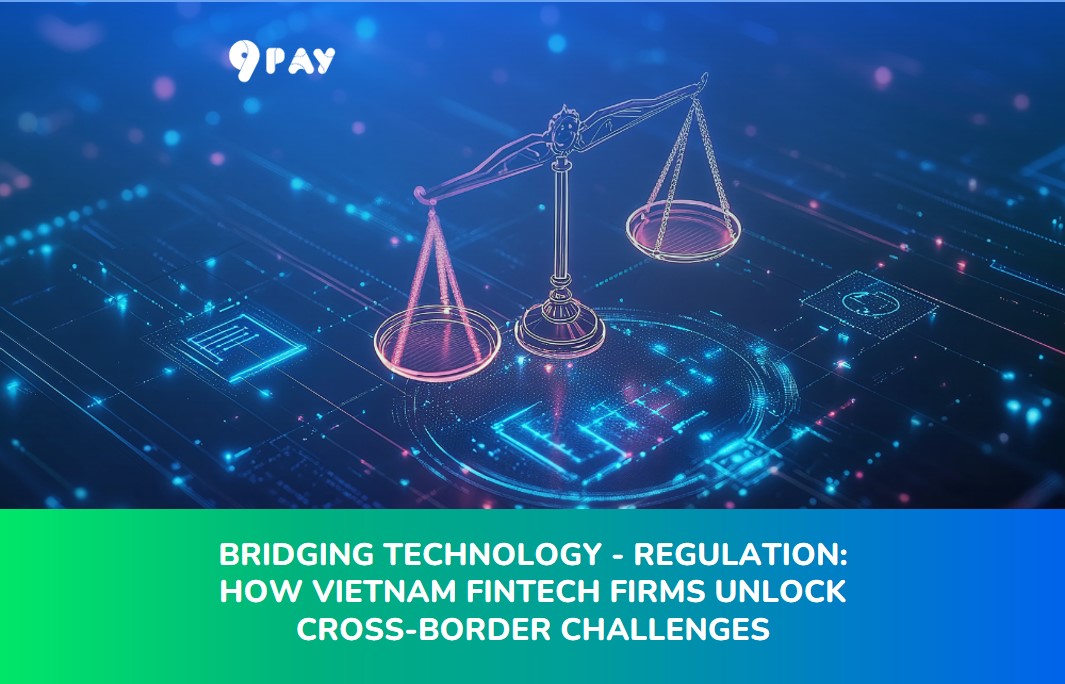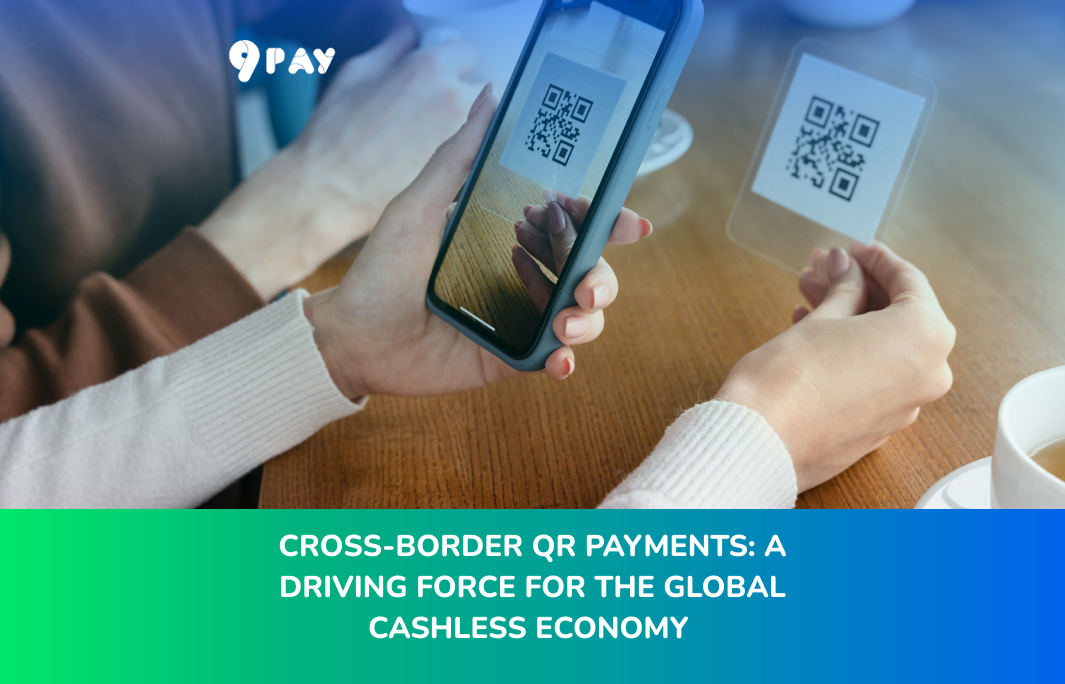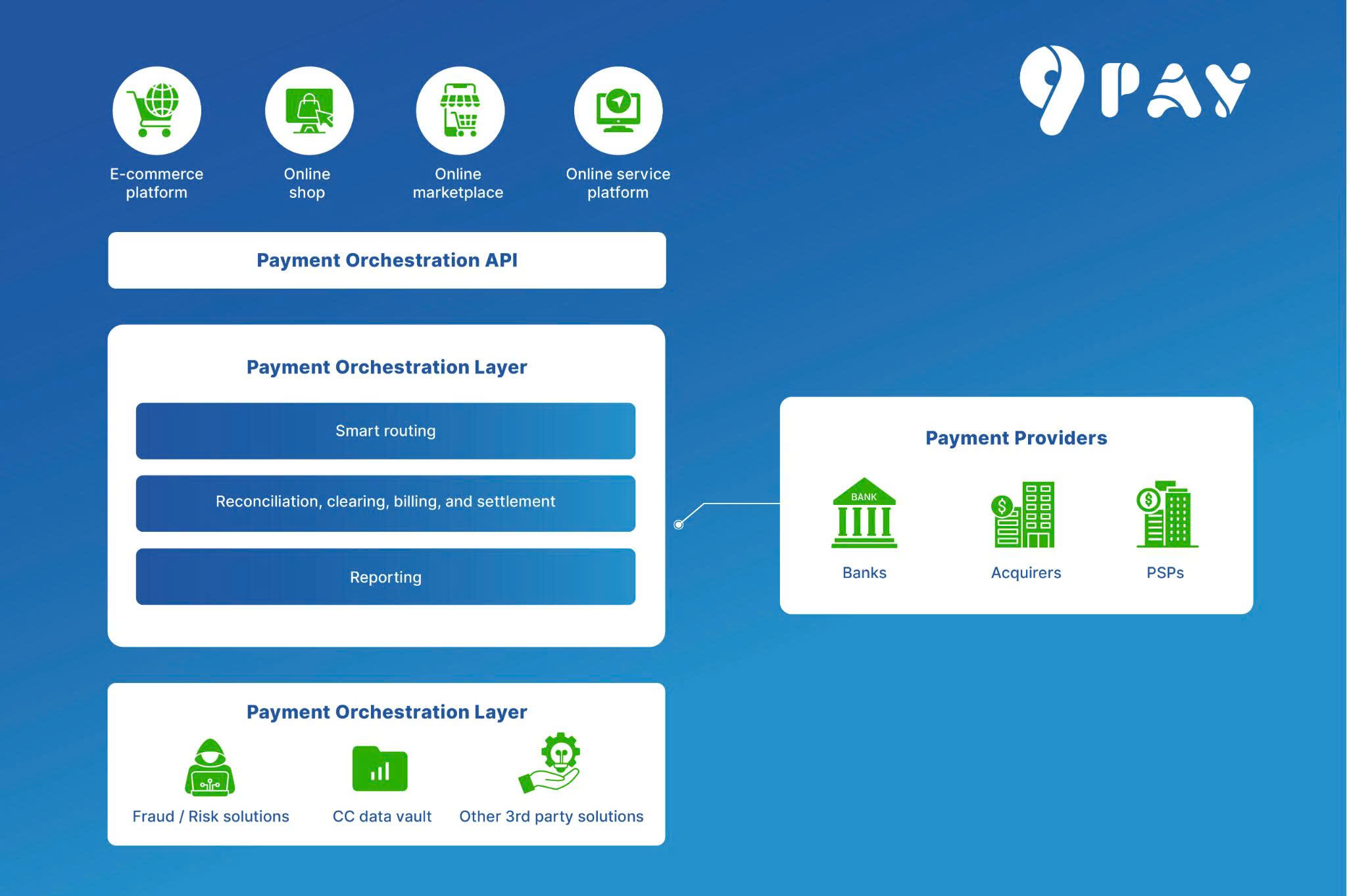Bridging Technology and Regulation: How Vietnam Fintech Firms Unlock Cross-Border Challenges
Cross-border payment optimization is more than just a tech challenge. Success in Vietnam’s cross-border payment space requires more than just speed and cost-efficiency.

The rapid rise of financial technology is driving strong growth in cross-border payments in Vietnam. However, this pace of innovation has also created a noticeable gap with the existing legal framework. Striking a balance between technological advancement and regulatory updates is becoming a critical factor—where local fintechs play a bridging role, helping international businesses integrate quickly and compliantly into the market.
The landscape of cross-border payments in Vietnam
According to a report by BDA Partners, Vietnam’s fintech market reached an estimated transaction value of USD 27.2 billion in 2023 and is projected to hit USD 31.6 billion by 2024. These impressive figures reflect the rapid digitalization of the country’s financial ecosystem—particularly in the field of payments.
However, a noteworthy challenge lies in the clear gap between the pace of technological advancement and the development of regulatory frameworks. While fintech solutions continue to evolve rapidly, offering faster, more flexible, and lower-cost payment experiences, the legal system has yet to adapt quickly enough to encompass these emerging business models.
This regulatory lag creates mounting pressure, especially in the realm of cross-border payments—where transactions require a high level of transparency, consistency, and legal compliance on both domestic and international fronts. Regulatory agencies understandably adopt a cautious approach, yet this also means that payment service providers (PSPs) and international businesses must be thoroughly prepared in terms of legal compliance when entering the Vietnamese market.
Two key legal barriers to cross-border payments in Vietnam
- Foreign exchange regulations
Vietnam’s foreign exchange rules impose significant limitations on cross-border payments. According to the 2005 Ordinance on Foreign Exchange and related guiding documents, all transactions, payments, quotations, and advertisements conducted in foreign currencies within Vietnamese territory—by both residents and non-residents—are prohibited, except when conducted via licensed credit institutions or approved intermediaries (e.g., collection agents, entrusted parties, or authorized dealers).
These strict controls are intended to maintain macroeconomic stability. However, they also present initial barriers to international transactions. PSPs and foreign partners must rely on reputable, licensed financial intermediaries to access the Vietnamese market.
- Foreign contractor tax (FCT)
The foreign contractor tax is another key legal hurdle for cross-border services in Vietnam. Technology services provided by foreign entities across borders may be subject to taxation in Vietnam, including value-added tax (VAT) and corporate income tax (CIT).
The complexity of applying FCT regulations—originally designed for traditional contracts—to digital cross-border payment services has inadvertently led to ambiguity and significant compliance burdens. This can create difficulties for otherwise legitimate business activities or even result in non-compliance due to the lack of clear guidance.
Vietnamese fintech as a legal bridge for cross-border payments
In light of these challenges, the role of Vietnam fintech companies is becoming increasingly crucial. With their flexible technological capabilities and deep understanding of domestic regulations, these firms can serve as vital intermediaries, helping international partners access the market in a legally compliant and efficient manner.
As a licensed intermediary payment service provider authorized by the State Bank of Vietnam to handle outbound foreign currency transfers, 9Pay stands out as one of the few fintech firms in the country that fully meets regulatory requirements for cross-border payments. Its core philosophy — Global payment, local trust — captures its commitment to compliance and partnership.
With transparent transaction processing and broad integration with domestic banks and e-wallets, 9Pay not only optimizes costs for its partners but also ensures full compliance with Vietnam’s foreign exchange management and anti-money laundering regulations.
In addition, 9Pay boasts a team of legal and tax specialists ready to advise and support international partners in understanding and fulfilling their obligations under Vietnam’s FCT regime. This capability significantly reduces legal risks and helps build long-term, trustworthy partnerships.
Cross-border payment optimization is more than just a tech challenge. Success in Vietnam’s cross-border payment space requires more than just speed and cost-efficiency. Local fintech firms, with their local advantage and agile adaptation, are proving indispensable in “translating legal language” into technological solutions—thus paving the way for more transparent, sustainable international collaboration.
Read more:








